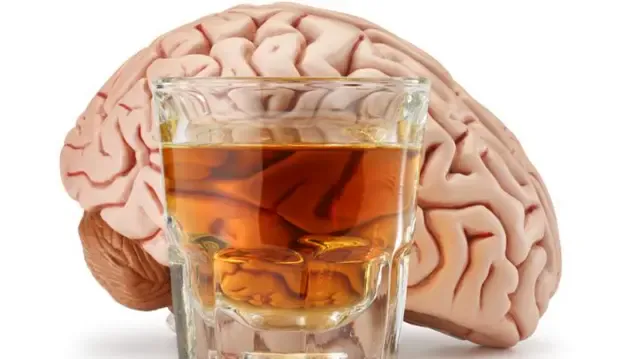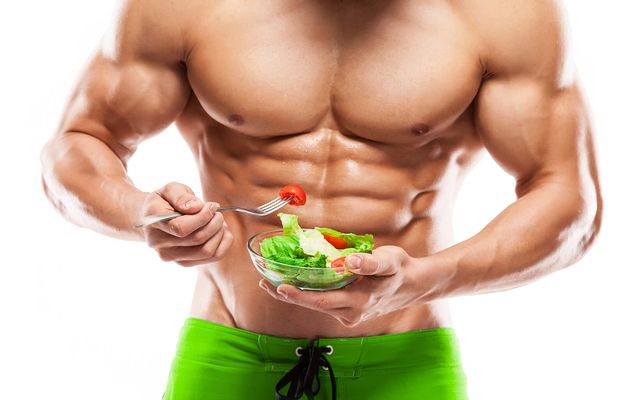What Are Proteins and Why They're Essential for Your Health
Discover everything about proteins: their essential functions in the body, differences between animal and plant proteins, best food sources, and the ideal daily intake for optimal health.
If you've ever wondered why everyone talks about protein when it comes to health and fitness, you've come to the right place. Proteins are way more than just nutrients for people looking to build muscle - they're the real stars behind how our bodies function every single day.
From keeping your skin looking good to defending your body against illness, proteins work around the clock to keep you healthy and running smoothly. But do you actually know what these molecules are and why they're such a big deal?
In this complete guide, I'll break down everything about proteins in simple, practical terms: what they are, their main functions, the differences between animal and plant proteins, and how to make sure you're getting the right amount for your health. Get ready to discover why these nutrients are considered the "building blocks" of life!
Table of Contents
- What Are Proteins: Complete Definition
- The 9 Main Functions of Proteins in Your Body
- Animal vs Plant Protein: What's the Difference?
- Best Protein Sources for Your Diet
- How Much Protein You Need Daily
- Signs of Protein Deficiency
- How to Add More Protein to Your Diet
- Proteins and Exercise: The Perfect Match
What Are Proteins: Complete Definition
Proteins are essential macromolecules made up of smaller units called amino acids. Think of them like Lego blocks that connect in different ways to create unique, functional structures throughout your body.
There are 20 different types of amino acids, and your body can naturally produce 12 of them. The other 8, called essential amino acids, must be obtained through food - which is why eating a balanced diet is so crucial.
These molecules are found in pretty much every cell in your body, from your skin and hair to your muscles and internal organs. They're like hardworking "employees" that never stop working to keep everything running perfectly.
What's really cool is that each protein has a specific job and unique shape, determined by the sequence of amino acids that make it up. It's like each one is a specialized key designed to unlock a particular lock in your body.
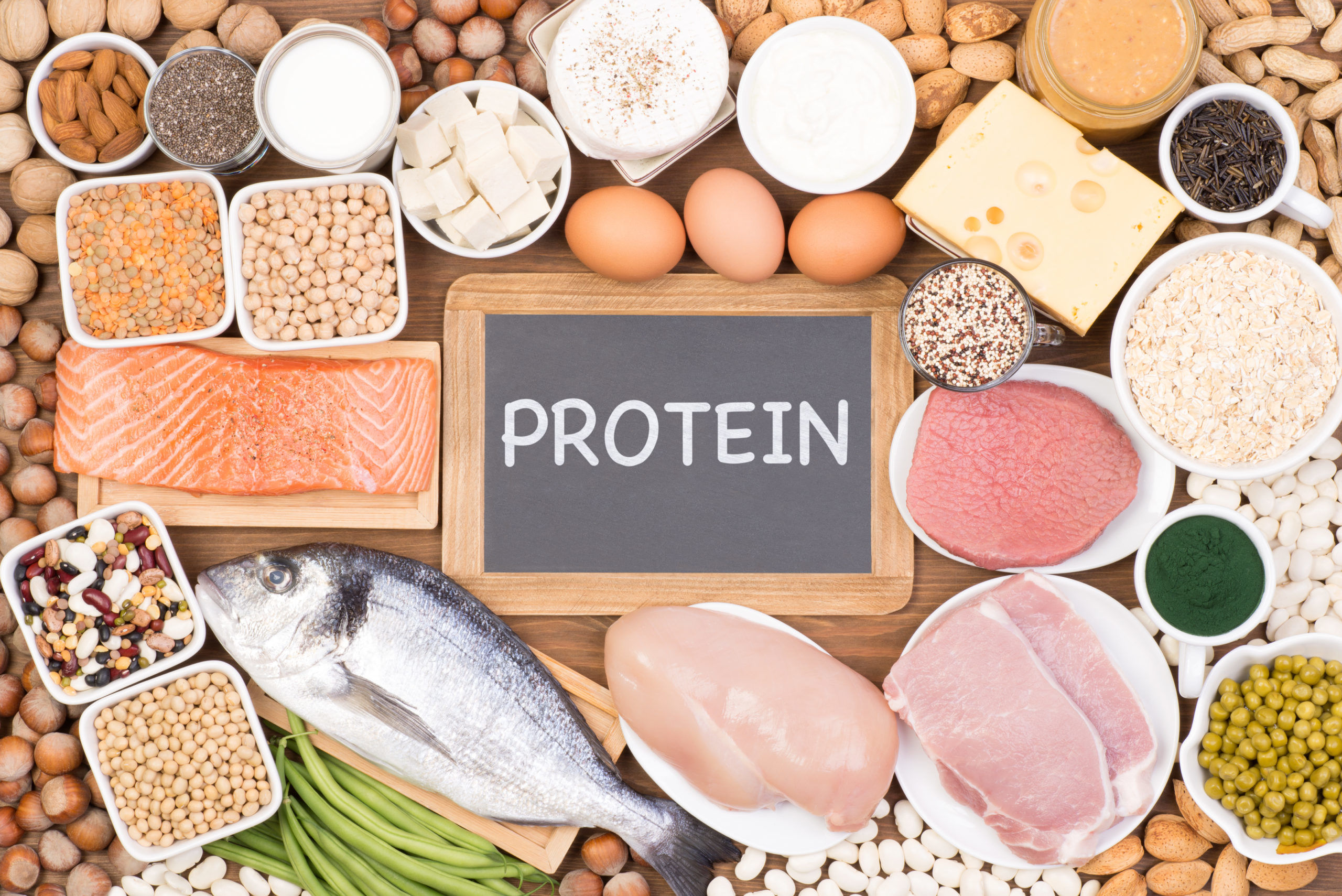
The 9 Main Functions of Proteins in Your Body
1. Building and Repairing Tissues
Proteins are the main construction materials of your body. They form muscles, bones, skin, hair, nails, and organs. When you work out and create tiny muscle tears, proteins are what repair and strengthen those tissues.
2. Enzyme Production
Enzymes are special proteins that speed up chemical reactions in your body. Without them, processes like digestion, cellular respiration, and metabolism simply wouldn't happen fast enough to sustain life.
3. Hormone Formation
Many important hormones are made from proteins, including insulin (which controls blood sugar), growth hormone, and various sex hormones. They regulate practically every function in your body.
4. Immune System Defense
Antibodies, your main weapons against viruses and bacteria, are specialized proteins. They identify and neutralize invaders, keeping your health protected against infections and diseases.
5. Transporting Substances
Hemoglobin, for example, is a protein that carries oxygen from your lungs to every cell in your body. Other proteins transport nutrients, hormones, and other important substances through your bloodstream.
6. Energy Supply
While it's not their main job, proteins can be converted into energy when carbs and fats are scarce. Each gram of protein provides 4 calories of energy.
7. Fluid Balance Maintenance
Proteins help regulate the amount of water inside and outside cells, maintaining the proper fluid balance in your body.
8. Blood pH Regulation
They act as natural "buffers," keeping your blood pH within the ideal range for cellular function.
9. Skin, Hair, and Nail Health
Collagen and keratin are proteins that maintain skin elasticity, hair strength, and nail durability. As you age, it becomes even more important to ensure adequate protein intake.
If you're interested in learning more about maintaining overall health, check out our comprehensive guide on the importance of sleep and how to naturally improve sleep quality.
Animal vs Plant Protein: What's the Difference?
One of the most common questions is about the differences between animal and plant proteins. Both are important, but they have distinct characteristics worth understanding.
Animal Proteins: High Biological Value
Animal proteins are considered high biological value because they contain all essential amino acids in the ideal proportions for our bodies. This means your body can use them more efficiently.
Main sources: red meat, chicken, fish, eggs, milk, and dairy products like cheese and yogurt.
Advantages: easier digestion, complete amino acid profile, good source of vitamin B12, heme iron (more easily absorbed), and zinc.
Disadvantages: may contain excess saturated fats and cholesterol, especially in fattier cuts of meat.
Plant Proteins: Unique Benefits
Plant proteins, while they may be deficient in some essential amino acids individually, offer unique health benefits when properly combined.
Main sources: beans, lentils, chickpeas, soy, quinoa, nuts, seeds, and some grains.
Advantages: rich in fiber, antioxidants, and phytochemicals, cholesterol-free, lower environmental impact, lower saturated fat content.
Disadvantages: may be deficient in some essential amino acids, lower vitamin B12 concentration.
Smart Combinations
For those following a vegetarian or vegan diet, the strategic combination of different plant proteins throughout the day can create a complete amino acid profile. The classic rice and beans combo is a perfect example of this synergy.
If you're thinking about reducing meat consumption or want to ensure a more complete diet, consider exploring quality diet books on Amazon that offer science-based perspectives on different nutritional approaches. For those interested in specific dietary strategies, our guide on what is ketogenic diet everything you need to know provides valuable insights.
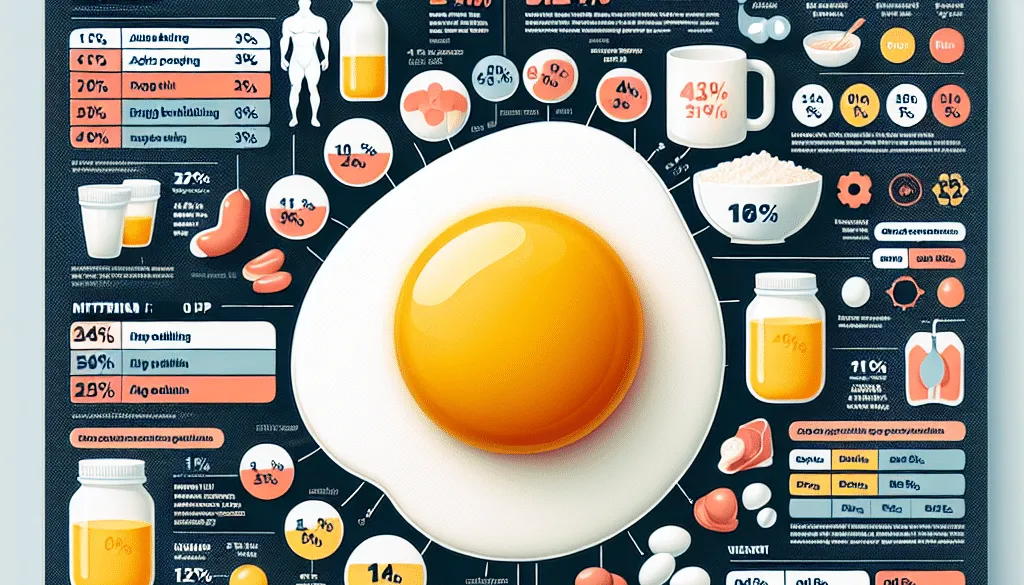
Best Protein Sources for Your Diet
Knowing the best protein sources is key to building a balanced and tasty diet. I'll show you the richest and most practical options to include in your daily routine.
High-Quality Animal Sources
| Food | Protein (per 100g) | Extra Benefits |
|---|---|---|
| Chicken breast | 31g | Low fat, versatile |
| Salmon | 25g | Rich in omega-3 |
| Eggs | 13g | Complete protein, affordable |
| Greek yogurt | 10g | Probiotics, calcium |
| Cottage cheese | 11g | Low calorie, casein protein |
Powerful Plant Sources
| Food | Protein (per 100g) | Extra Benefits |
|---|---|---|
| Lentils | 9g | High fiber and iron |
| Chickpeas | 8g | Versatile, good folate source |
| Quinoa | 4.4g | Complete protein, gluten-free |
| Peanuts | 26g | Healthy fats, magnesium |
| Tofu | 8g | Isoflavones, low calorie |
Protein Supplements: When to Consider
For athletes, busy people, or those having trouble hitting their protein goals with food alone, supplements can be an excellent option. High-quality protein supplements are available that can help bridge nutritional gaps effectively.
Popular options include:
- Whey protein: fast absorption, ideal post-workout
- Casein protein: slow-release, great before bed
- Plant-based proteins: perfect for vegetarians and vegans
For those interested in a more comprehensive approach to nutrition, check out our article on best supplement brands in 2025 for expert recommendations.
How Much Protein You Need Daily
Determining the right amount of protein to consume daily isn't an exact science - it depends on various factors like age, weight, activity level, and personal goals.
General Recommendations by Age Group
| Group | Recommendation | Practical Example |
|---|---|---|
| Sedentary adults | 0.8g per kg body weight | 56g for 154 lb person |
| Active adults | 1.2-1.6g per kg | 84-112g for 154 lb person |
| Strength athletes | 1.6-2.2g per kg | 112-154g for 154 lb person |
| Seniors (65+ years) | 1.0-1.2g per kg | 70-84g for 154 lb person |
Specific Goals Require Adjustments
For Muscle Building: if your goal is building muscle mass, you'll likely need more protein, especially when combined with proper strength training.
For Weight Loss: during a weight loss journey, maintaining adequate protein intake helps preserve muscle mass and increases satiety.
For Older Adults: as we age, our ability to synthesize proteins decreases, so slightly higher intake can be beneficial for maintaining muscle mass and strength.
Distribution Throughout the Day
Don't consume all your protein in one meal. The ideal approach is to spread consumption throughout the day, including a good protein source in each main meal. This optimizes protein synthesis and keeps you fuller longer.
For those looking to optimize their fitness routine alongside proper nutrition, our guide on best home workouts to lose weight fast provides excellent exercise strategies.
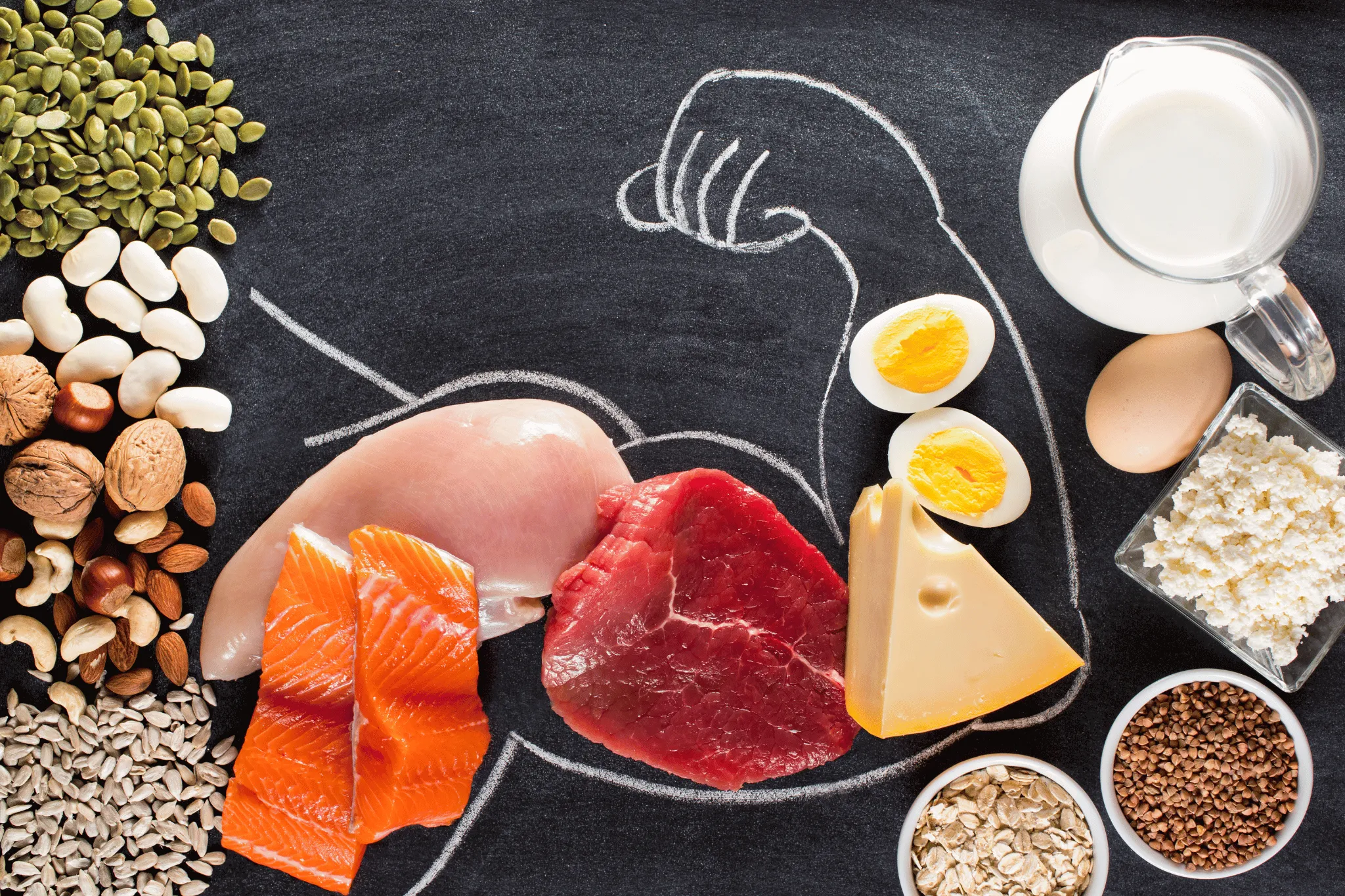
Signs of Protein Deficiency
While severe protein deficiency is rare in developed countries, inadequate intake can cause various health problems that often go unnoticed.
Main Symptoms of Protein Deficiency
Muscle Loss: one of the first signs is gradual decrease in muscle mass, even without changes in training or physical activity.
Constant Fatigue and Weakness: feeling tired frequently can be a sign that your body isn't getting enough amino acids to produce energy adequately.
Slow Healing: wounds that take forever to heal or bruises that stick around for ages might indicate protein deficiency.
Skin, Hair, and Nail Problems: dry skin, brittle hair, weak nails, and strange skin discoloration are common signs.
Low Immunity: getting sick frequently or taking forever to recover from colds and flu can be related to lack of proteins needed to produce antibodies.
Mood Changes: mood swings, irritability, or difficulty concentrating can also be linked to inadequate protein consumption.
At-Risk Groups
Some groups have higher risk of developing protein deficiency:
- Poorly guided vegetarians and vegans
- Elderly people with reduced appetite
- People on very restrictive diets
- Individuals with eating disorders
- Patients recovering from surgeries or illnesses
If you recognize some of these symptoms, it's worth reviewing your diet and considering professional guidance. For additional support in maintaining optimal health, explore quality wellness products that can complement your nutritional goals.
How to Add More Protein to Your Diet
Increasing protein intake doesn't have to be complicated or expensive. With some simple strategies, you can easily hit your daily goals in a tasty and practical way.
Breakfast Strategies
Scrambled Eggs with Cheese: a classic combo that provides complete protein and is quick to make.
Greek Yogurt with Granola: add nuts or seeds to boost the protein content even more.
Protein Smoothie: blend fruits, milk or fortified plant beverage, and protein powder for a nutritious, convenient breakfast.
High-Protein Snacks
- Mixed nuts and peanuts
- Cottage cheese with fruit
- Natural peanut butter
- Hard-boiled eggs prepared ahead of time
- Plain yogurt with chia seeds
Strategic Lunch and Dinner
Combine Proteins: mix animal and plant sources in the same meal, like chicken with beans or fish with lentils.
Meal Prep: cook proteins in larger quantities on weekends to use throughout the week.
Use Seasonings and Marinades: varying flavors makes protein consumption more enjoyable and sustainable long-term.
Practical and Nutritious Recipes
For those wanting to diversify their menu with healthy, protein-rich recipes, quality diet and nutrition books offer delicious and nutritious options.
Looking to understand more about balancing your overall nutrition? Check out our comprehensive guides on what are carbohydrates and why they are important for your health and what is omega-3 and its importance for health.
Proteins and Exercise: The Perfect Match
The relationship between proteins and exercise is crucial for anyone looking to optimize results, whether it's building muscle, losing fat, or simply improving overall health.
Timing Matters: When to Consume Proteins
Pre-Workout (1-2 hours before): a balanced meal with slower-digesting proteins helps provide amino acids during your workout. To learn more about what to eat before and after physical activities, check out our complete guide.
Post-Workout (within 2 hours): this is the most important time to consume fast-absorbing proteins, like whey protein or eggs, to maximize protein synthesis.
Before Bed: slow-digesting proteins, like casein or cottage cheese, can help with muscle recovery during sleep.
Proteins for Different Types of Exercise
Strength Training: higher protein needs to repair and build muscle fibers. Quality fitness supplements can be a valuable addition to your routine.
Cardiovascular Exercise: while demand is lower, maintaining adequate intake helps with recovery and muscle preservation. Better understand the difference between cardio and weight training which is better for weight loss.
Mixed Training: combines benefits of both and requires balanced protein strategy.
For those serious about their fitness journey, investing in quality home equipment like best home treadmills to buy in 2025 or checking out home treadmill options can help maintain consistent training.
Smart Supplementation
For regular exercisers, some supplements can optimize results:
- Creatine: improves strength and power
- Omega-3: natural anti-inflammatory
- Vitamin B12: especially important for vegetarians
High-quality supplements can help fill nutritional gaps when whole foods aren't enough.
Hydration and Proteins
Remember that increased protein consumption requires higher water intake. Your kidneys need more fluid to process and eliminate the byproducts of protein metabolism.
For those interested in comprehensive fitness tracking, explore our guide on best smartwatches for physical activity in 2025 to monitor your progress effectively.
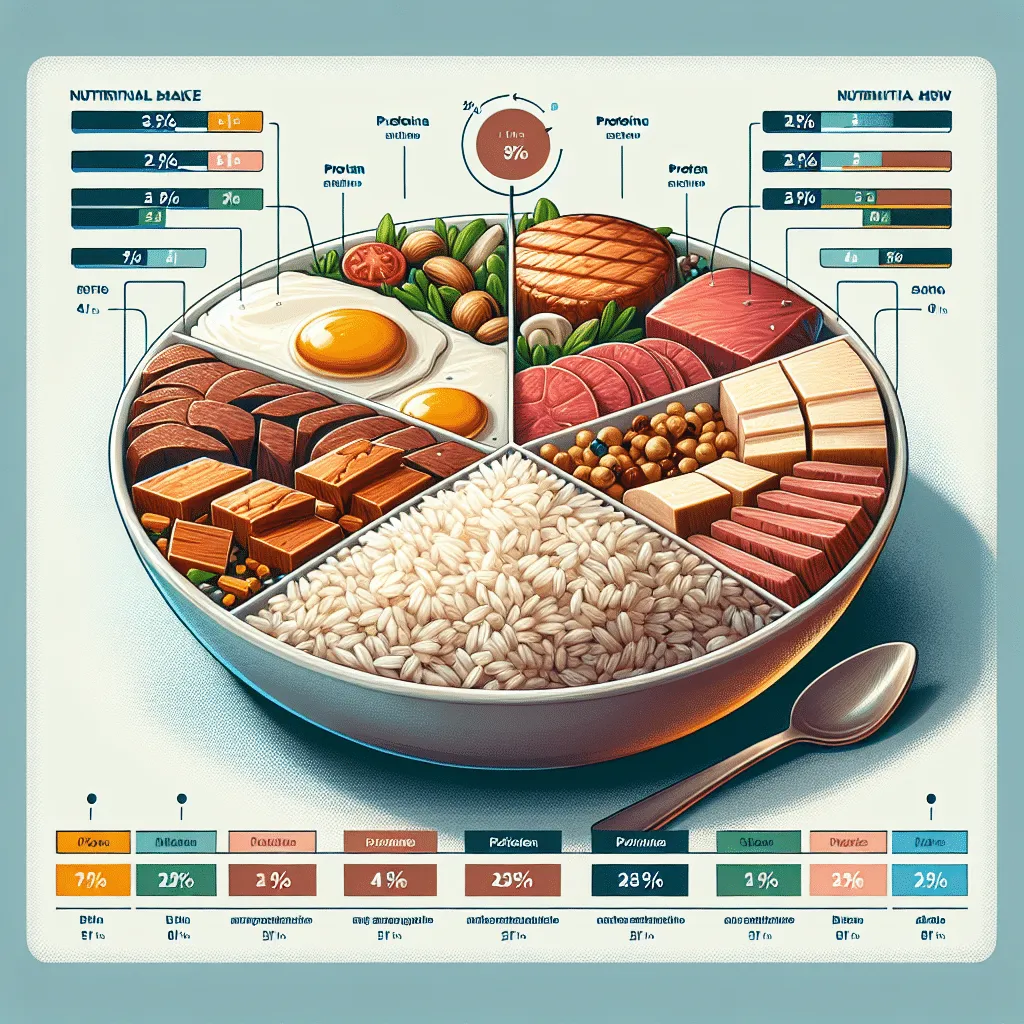
Conclusion: Proteins as the Foundation of Healthy Living
Proteins are truly the building blocks of our health. From forming muscles and repairing tissues to producing hormones and defending our bodies against disease, these molecules work tirelessly to keep us functioning optimally.
The most important thing to understand is that there's no one-size-fits-all formula. Your protein needs depend on your age, activity level, personal goals, and lifestyle. What works for a high-performance athlete might be excessive for a sedentary person, and vice versa.
The key is finding the right balance between animal and plant sources, distributing consumption throughout the day, and most importantly, maintaining a varied and enjoyable diet. After all, there's no point in following a perfect diet on paper if it's not sustainable in practice.
If you have specific goals like building muscle, losing weight, or improving athletic performance, consider seeking professional guidance. A nutritionist can help personalize your needs and create a meal plan that works for your routine.
Remember: taking care of your nutrition is an investment in your future health. Start paying more attention to the proteins on your plate today - your body will thank you for years to come!
To continue learning about health and wellness, check out our other articles on top 10 best natural foods and benefits and harms of coffee for health for a healthier, more balanced life.
For stress management and mental wellness, don't miss our guide on best foods to reduce stress and anxiety and help you sleep better, and explore meditation resources to complement your healthy lifestyle journey.s
